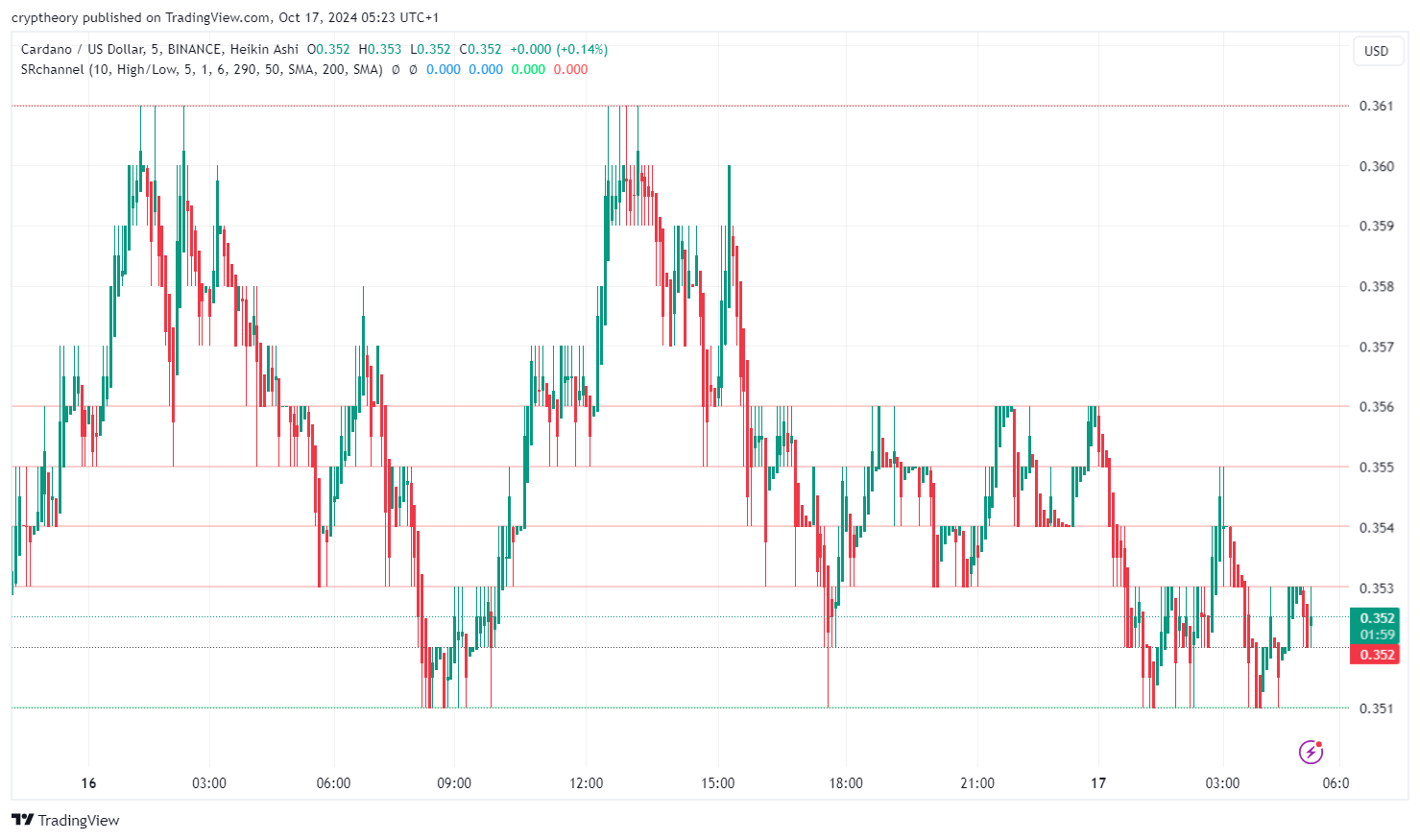Table of Contents
We have prepared for you an overview of the most important things that happened during the last day in the cryptoworld. Welcome to crypto news of the day.

Markets
For the first time, Bitcoin was able to maintain the profits it made as a result of yesterday’s rise. Previously, cryptocurrency movements toward $ 9,400 were followed by sharp falls. BTC seems to be growing every day as it now builds up $ 9,300 as a new support base. This could be a signal that there could be a shift towards USD 10,000 in the coming days. Other altcoins are also growing rapidly.
You can monitor the current prices of cryptocurrencies here.
Crypto exchanges, Banks
Trading on LocalBitcoins in Latin America are growing rapidly
The reported trading volume on the LocalBitcoins platform is growing in many parts of the world. Latin American economies are at the forefront and Venezuela and Argentina are moving large amounts of capital to bitcoins.
Hacks, scams, courts
Apple’s founder, Steve Wozniak, sues YouTube and Google for fraud on his behalf
Apple co-founder Steve Wozniak has sued the giant YouTube and parent company Google for allegedly allowing fraud with bitcoin ads that use its image and name. Wozniak is one of 18 prosecutors who filed the lawsuit on Tuesday. The lawsuit seeks damages and demands that YouTube eliminate all fraud and the promotion of bitcoin scams using the name and image of Wozniak. Wozniak praised Twitter for acting “quickly and decisively” by terminating malicious accounts and “protecting its users from fraud” in response to a coordinated cyber attack that gained access to a number of verified Twitter accounts.
Twitter hackers also gained access to private messages
Hackers who took control of 30 Twitter accounts last week to promote a bitcoin scam were able to see direct messages (DM) of some accounts. Twitter announced the report last night, stating that up to 36 accounts had been made available to the DM, including one elected official in the Netherlands.
T-Mobile in court due to so-called SIM-Swap attacks
Reggie Middleton, CEO of the crypto company Veritaseum, is suing telecommunications provider T-Mobile for allegedly allowing $ 8.7 million worth of cryptocurrencies in a series of SIM-swap attacks. According to the July 22 submission, Middleton was the first target of SIM-swappers in July 2017. Despite immediate reporting of the T-Mobile incident, Middleton claims to have been the target of four successful SIM-swaps during 2017, and other attacks during 2018 and 2019. The lawsuit accuses T-Mobile of “failing immensely” in its responsibility to protect the personal and financial information of its customers.
Regulations, CBDC
US House of Representatives has added two blockchain amendments to the NDAA
The US House of Representatives has added two blockchain changes to the National Defense Act (NDAA), a congressional annual bill of defense that Congress passed on Tuesday. Both amendments were introduced by US Representative Darren Soto of Florida. One adds Distributed Ledger Technology (DLT) to the definition of so-called Emerging Technologies, which means that the blockchain would be included in future evaluations of the newly created Steering Committee for Emerging Technologies and Security Needs. The second amendment calls on the Deputy Secretary of Defense for Research and Engineering to complete a study on the potential of distributed ledger technology for defense purposes, and adds a requirement to report on the key findings of the Congressional study.
The Lithuanian Central Bank issued the world’s first CBDC – Lbcoin
Today, the Bank of Lithuania proudly announced the release of its digital collector coin LBCOIN. This is not just the first cryptocurrency issued by a central bank in Europe; it is the first cryptocurrency ever issued by any bank in the world.
USA has allowed banks to provide custody services for cryptocurrencies
The OCC, the US financial regulator, allows traditional banks to offer cryptocurrency services. Crypto exchanges and other companies were in favor of the decision. The crypto depository is aimed mainly at large institutional investors, not at general retail investors.
Russia has updated the law on cryptocurrencies, it will not apply for paying
Russia passed a law on digital assets in third and last reading. The bill gives cryptocurrencies a legal status – but says they can’t be used to pay for goods and services. Russia has long been skeptical of currencies such as Bitcoin. The report adds that Russia’s central bank will play a major role in regulation. The central bank will have the right to determine the characteristics of digital assets accessible only to qualified investors.
Thank you for your time and reading our crypto news of the day.






















